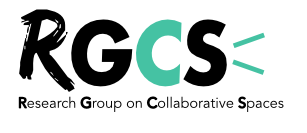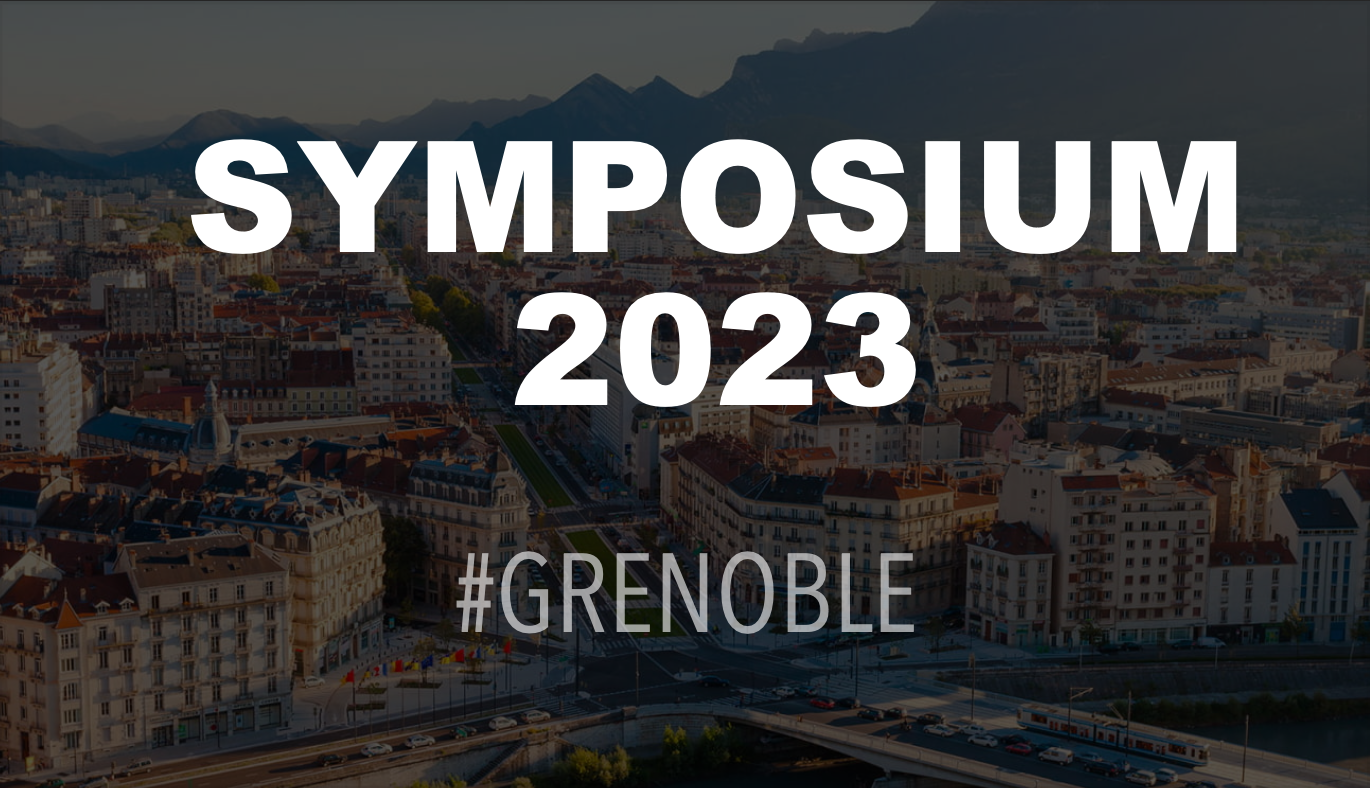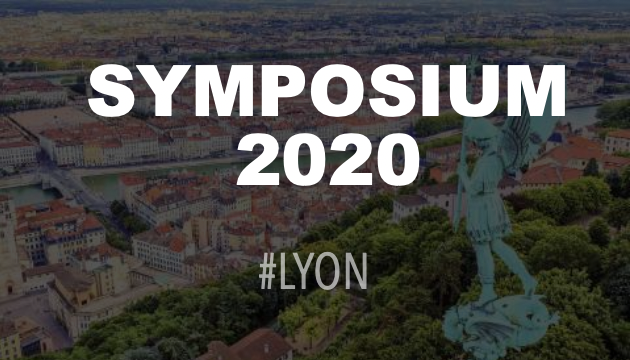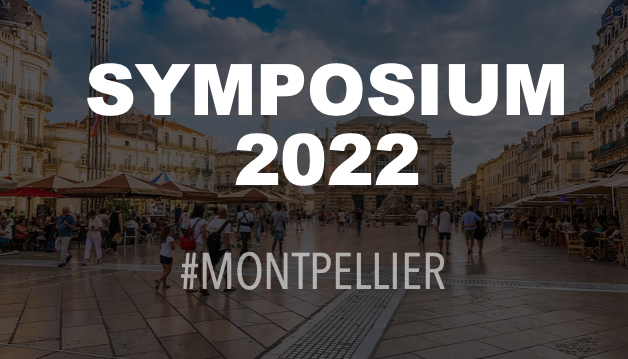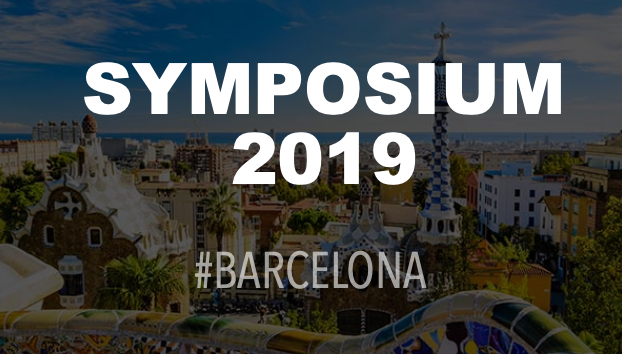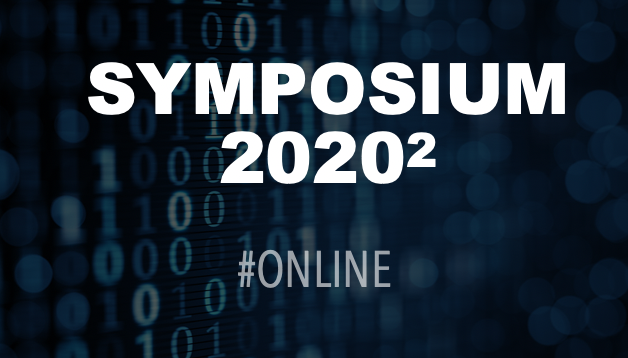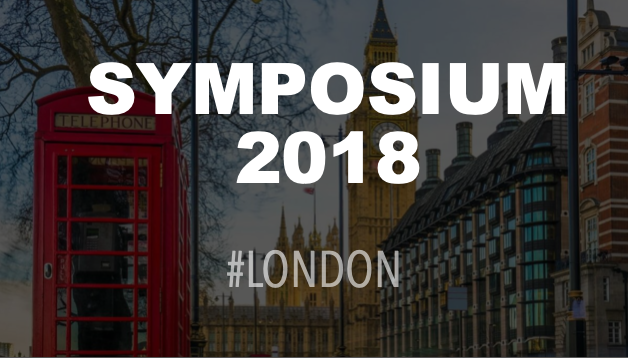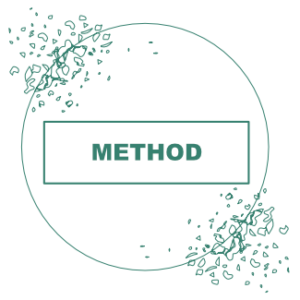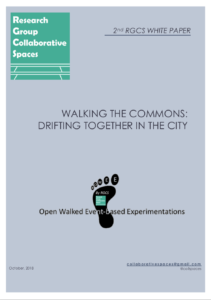RGCS is both an alternative learned society, a think tank and an immaterial maker space about and for new work practices. Collaborative communities and collaborative movements (coworkers, makers, hackers, DIY) are both a research object and a lever to transform work practices. Since late 2016, the network co-produces a new research method (Open Walked Event-Based Experimentations) aiming at transforming jointly academic and entrepreneurial work practices. This method aims at becoming a #commons for academics and entrepreneurs involved in it (e.g. with a sharing of the symbolic capital of impact and citations).
New ways of working and organizing work and life obviously transform and disrupt the time and space of our experiences. Boundaries between private and professional lives are blurred. Most workers are involved today in multiple activities and multiple temporalities, more or less conflicting with each other. Openness, fluidity and playfulness, as deep calls from managers, also change the time and space of work, consumption and life activities. In parallel, our world is experiencing radical transformations and expectations of transformations, ranging from climate change, planetary limits, geopolitical crisis (e.g. war or new financial disruptions) and the loss of meaning at work. Capitalism at large is accelerating the rhythms of its promises and novelties. Even its answers to our crisis are commodified and wrapped into its continuous processes of unveiling. These apocalypses also modify our relationships with past, present and future times, but also places, sites and spaces at stake with them. New imaginary of history and futures emerge. In the context of this SG, we want to explore the time-space of new ways of organizing in relationship with these grand challenges. We are particularly interested in understating jointly time and space, actuality and sites, events and emplacements, happening and spatium. Both methodologies, philosophies (e.g. of Deleuze, Bergson, Stewart, Braidotti, Seamon, Whitehead, Arendt…) and theories will be part of our discussions.
Research perspectives
The time-space of new ways of working & organizing
Sustainability and new ways of working
Collaboration and Leadership from the Human-Machine Interface
Democratic organizing and new ways of working
Next open seminars
